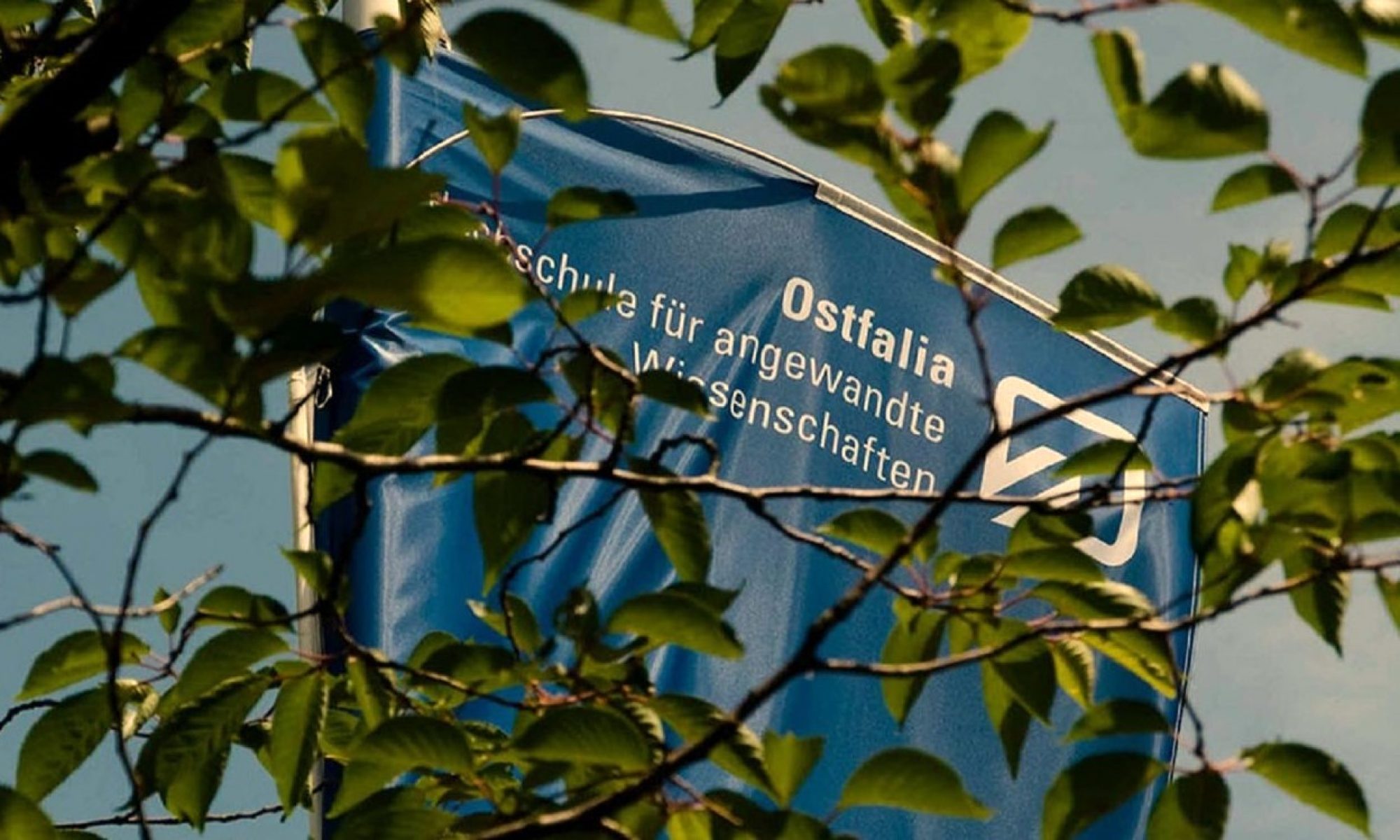Akshara Parul (a) , Toon van Waterschoot (b)
akshara.parul@kuleuven.be; toon.vanwaterschoot@esat.kuleuven.be
KU Leuven, Faculty of Engineering Technology, Leuven, Belgium
Abstract
In the Digital Signal Processing (DSP) research community, mathematical concepts are deeply embedded in the way signals and systems are represented and used (Broesch 2008). Researchers assume familiarity with both the technological and mathematical concepts that underly signals and systems. This study seeks to explore how engineering researchers perceive and apply mathematical competencies within their research, specifically in DSP. Engineering students often need convincing to see the relevance of mathematics to their future profession (Coupland 2008). Understanding how advanced researchers apply mathematical competencies could offer valuable insights. This study aims to explore the mathematical competencies that PhD researchers in DSP apply in their work, including competencies like reasoning mathematically, using aids and tools, and communicating mathematically (Winkelman 2009). While there is existing literature on professional competencies and the role of mathematics in industry (Alpers 2020), this paper focuses specifically on the perspectives of DSP engineering researchers in academia. We aim to extend these findings to other engineering disciplines, providing a broader understanding of the role of mathematics in engineering research (Wong et al 2022).
Data was collected through a workshop with 13 DSP researchers, where each participant received a handout containing one of eight mathematical competencies, with a description (Firouzian 2015) and definition of that competency based on the competency framework in line with the KOM project (Niss & Højgaard 2019). The researchers were asked to rate the importance of a competency on a scale of 1 to 5 in the context of their research and to provide examples of how they applied this competency in their work. The competencies were randomly assigned, so we did not know which specific competency each researcher received. This approach allowed for a broad exploration of competencies without leading participants toward specific areas of interest. The qualitative data were explored to find insights into the use and perception of these mathematical competencies in DSP research. The methodology not only aimed to collect data but also provided a reflective space for the researchers, allowing them to evaluate their own proficiency in these competencies and encouraging a deeper understanding of their own research practices in relation to mathematical tools and concepts.
The findings revealed that all competencies were rated highly, with participants identifying their importance in DSP research. Researchers were able to explicitly connect these competencies— such as modelling mathematically and using symbolism and formalism—to their work. They provided detailed examples of how these competencies are applied in signal processing algorithms, optimization and acoustic modelling. The observed data also highlights how mathematical competencies are both visible and implicit in their daily research practices. The results suggest that mathematical competencies are integral to DSP engineering research, and researchers view them as essential. By examining how these competencies are used in advanced research, we can better align teaching methods to meet the needs of future engineers. Further research could extend these findings to other engineering disciplines, deepening our understanding of the role of mathematics in engineering research and education.
Keywords
Mathematical Competencies, Student Engagement, Engineering Research, Engineering Mathematics, Digital Signal Processing, Exploratory Analysis
References
Alpers, Burkhard. (2020). Mathematics as a Service Subject at the Tertiary Level A State-of-the Art Report for the Mathematics Interest Group.
Broesch, J.D. (2008). “Chapter 4: The Math of DSP.” In Digital Signal Processing: Instant Access. Elsevier. Pages 37-80
Coupland, M., Gardner, A., & Carmody, G. (2008). Mathematics for Engineering Education: What Students Say.
Firouzian, Soheila & Ismail, Zaleha & Rahman, Roselainy & Yusof, Yudariah & Kashefi, Hamidreza. (2015). Mathematical Competencies as Perceived by Engineering Students, Lecturers, and Practicing Engineers. International Journal of Engineering Education.
Niss, Mogens & Højgaard, Tomas. (2019). Mathematical competencies revisited. Educational Studies in Mathematics.Vol. 102. 10.1007/s10649-019-09903-9.
Winkelman, Paul. (2009). Perceptions of mathematics in engineering. European Journal of Engineering Education. Vol. 34. 305-316. 10.1080/03043790902987378.
Wong, L. Y. J., Papageorgiou, E., Klaassen, R. G., van der Wal, N. J., Menschaart, L. E., & Cabo, A. J.(2022). Research on mathematical competencies in engineering education: Where are we now?, Proceedings of the 50th Annual Conference Universitat Politècnica de Catalunya 10.5821/conference-9788412322262.1310
